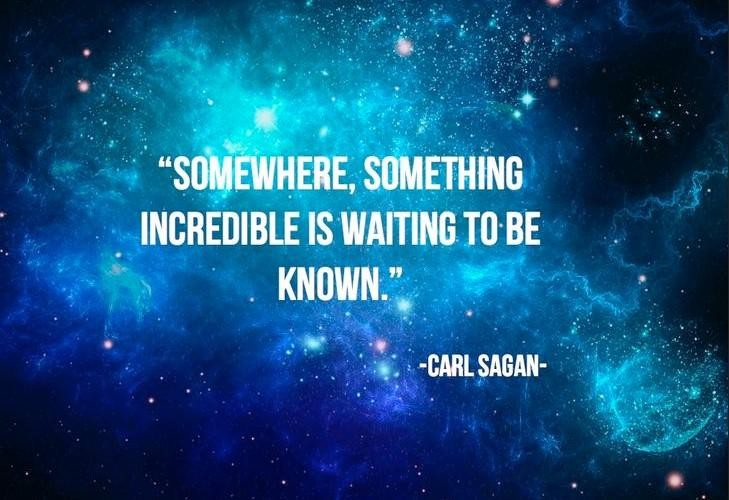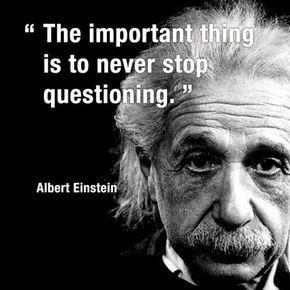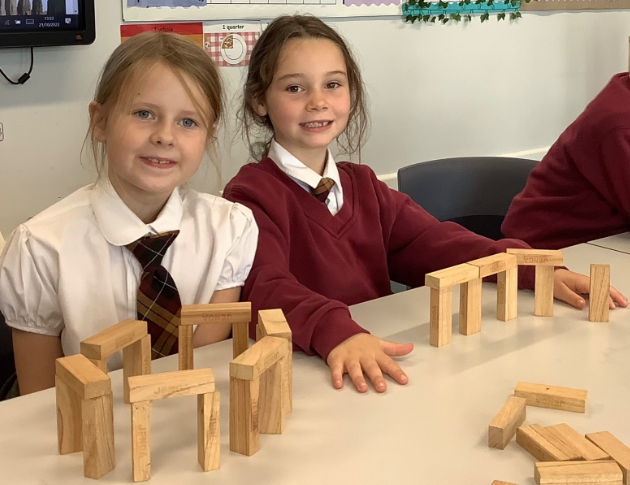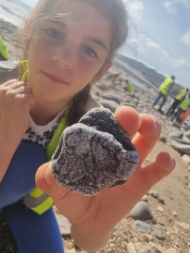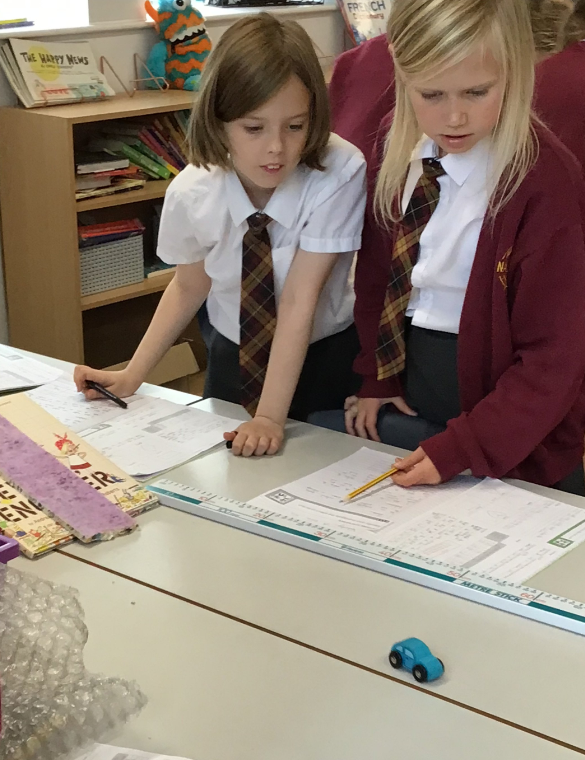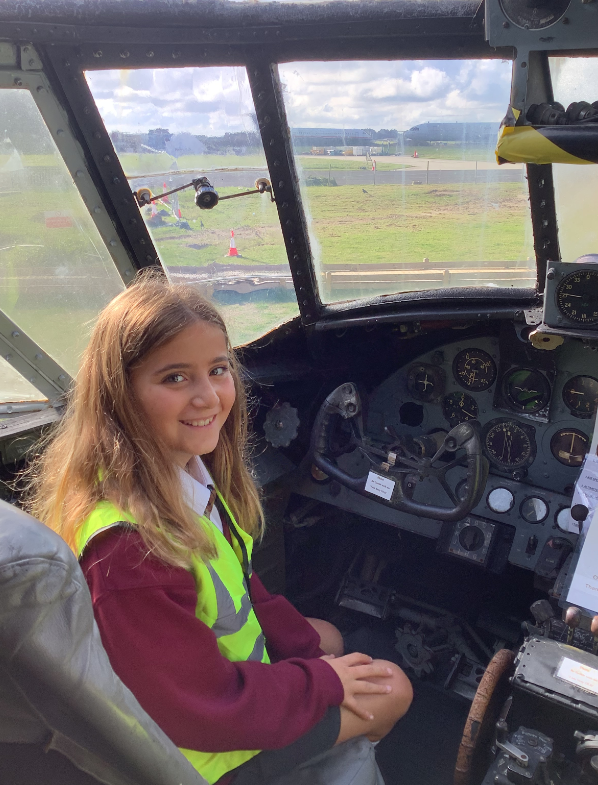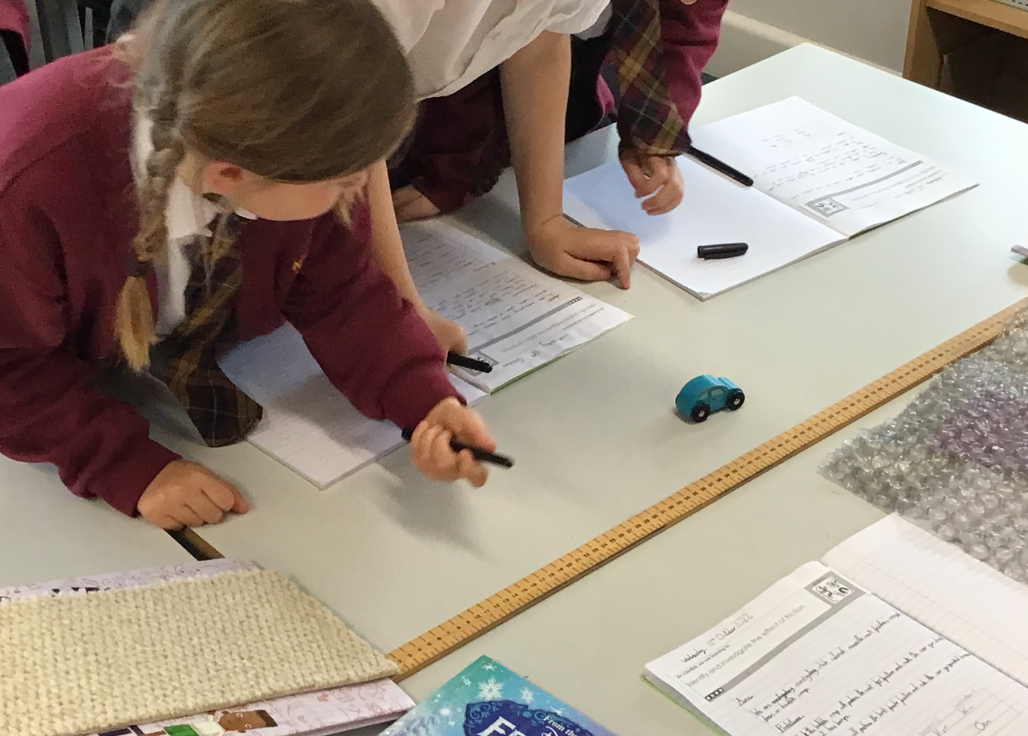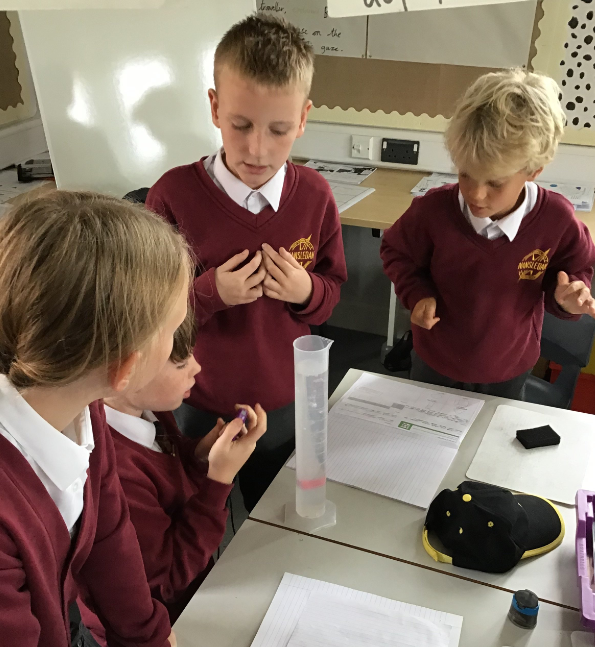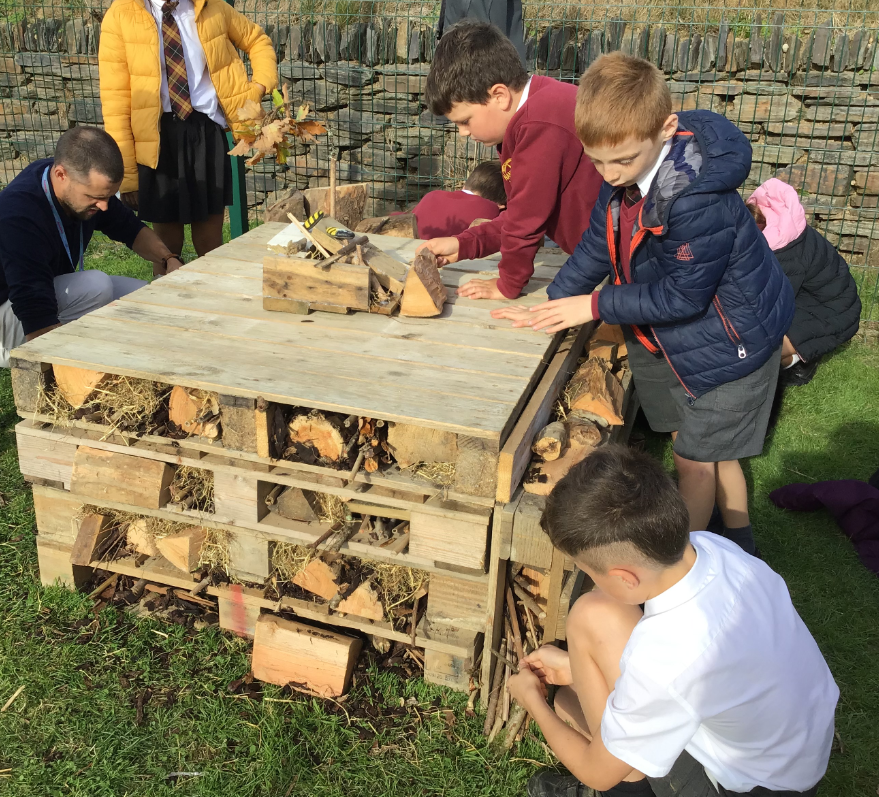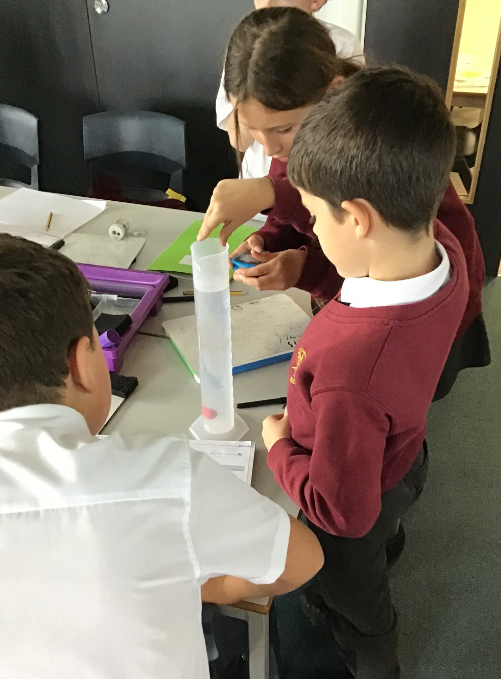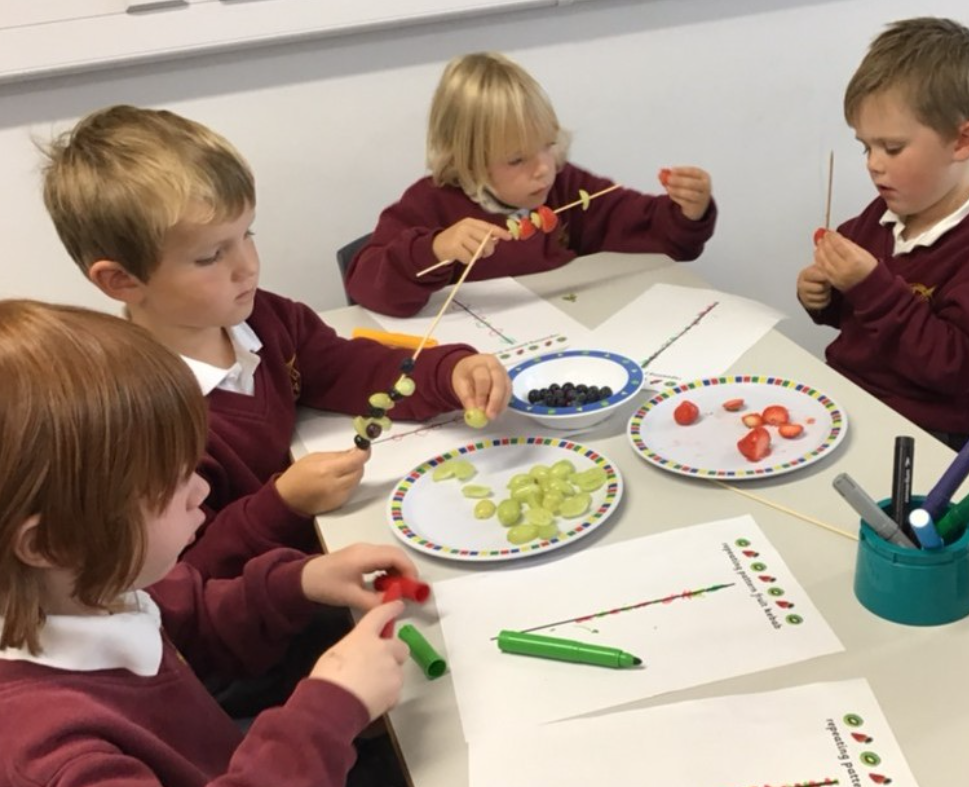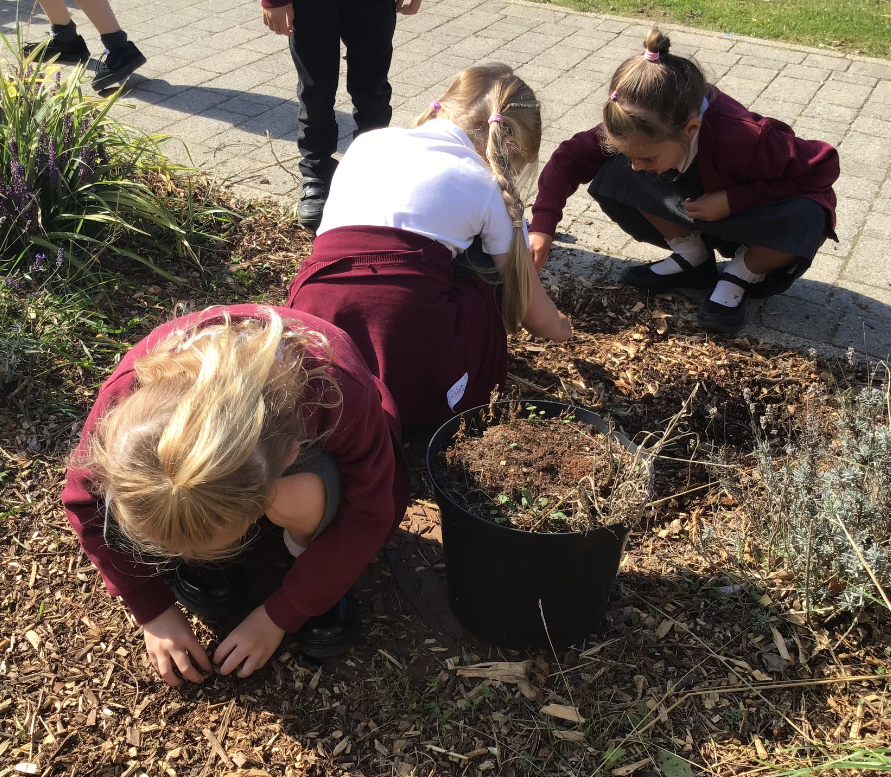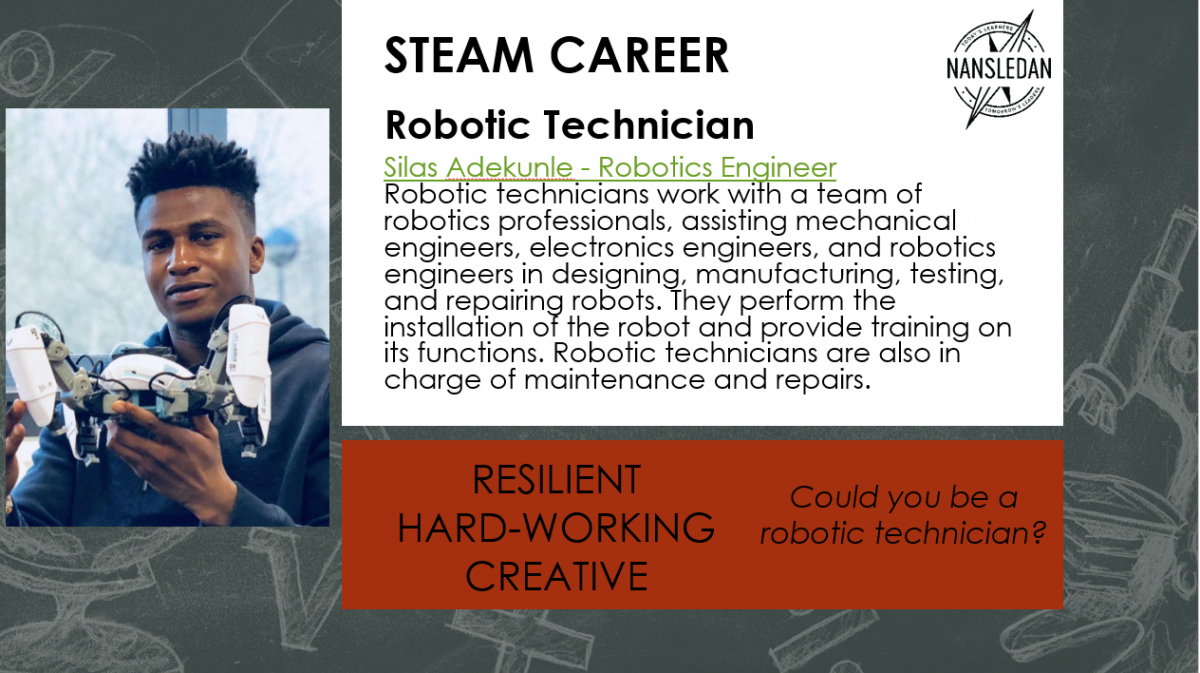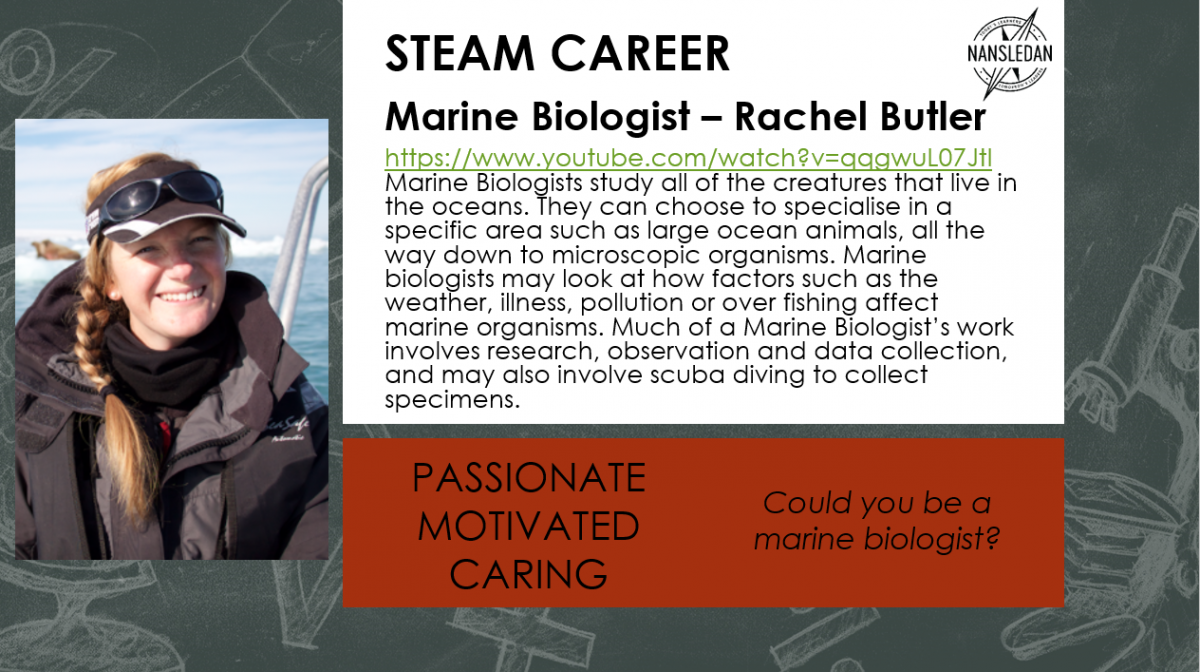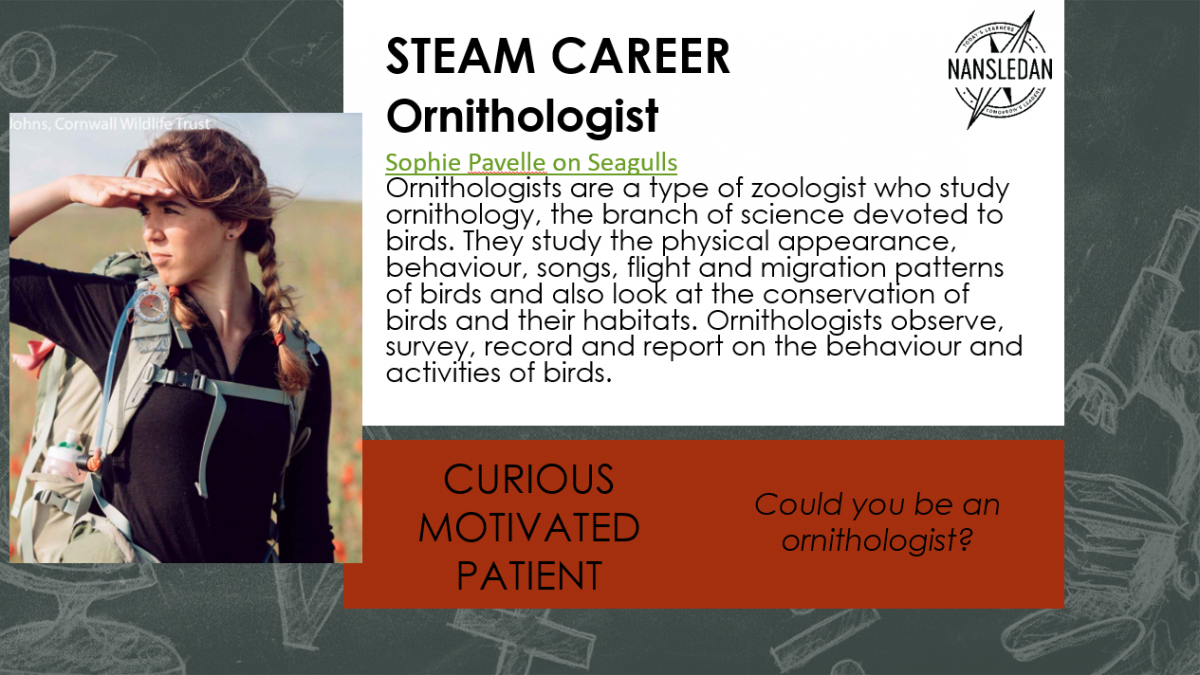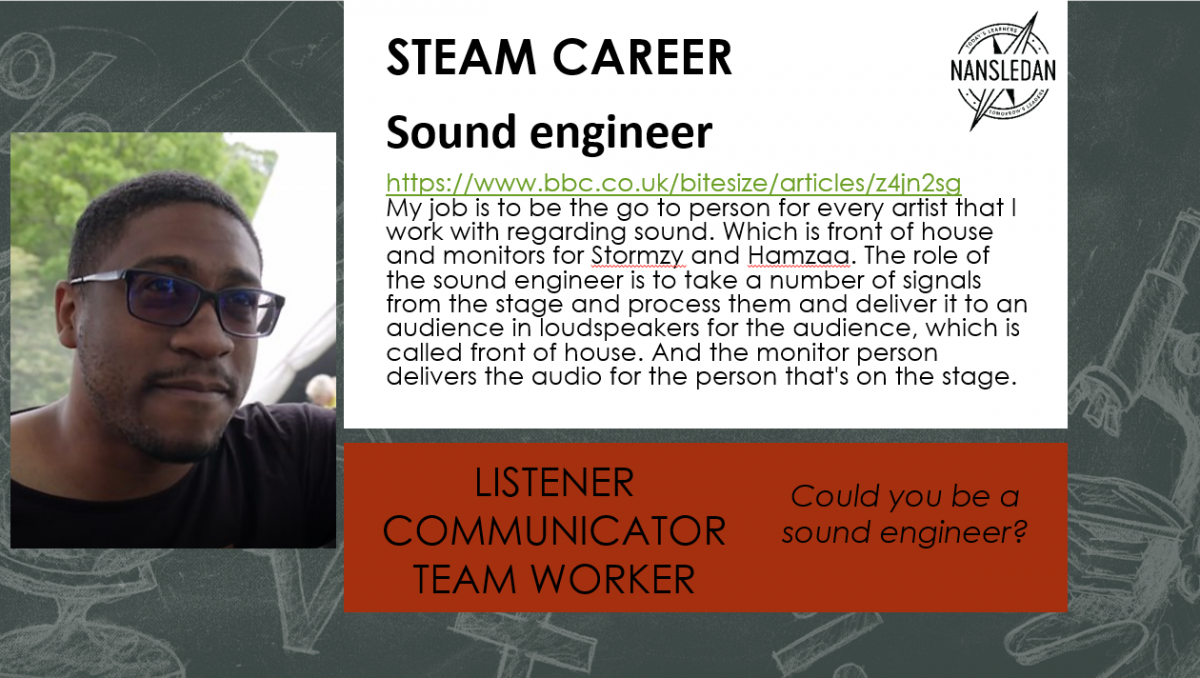Science at Nansledan
Science is at the core of Nansledan’s STEAM curriculum. We believe that science teaching should ignite curiosity and encourage creative thinking through hands-on, enquiry-based learning experiences at each age and stage. Our curriculum encourages learners to think critically, solve problems and apply their knowledge in practical ways. We want our children to think like scientists, understand the impact of scientists and aspire to have science careers. We want to provide our children with the vital skills that they need to be able to work in the scientific industries within Cornwall and be active Cornish citizens. We want our children to aspire to be the next Richard Trevithick, Katherine Johnson or Gretha Thunberg!
We aim to:
- Promote the development of scientific knowledge (disciplinary) and conceptual understanding (substantive) through the disciplines of biology, chemistry and physics.
- Develop working scientifically skills (disciplinary knowledge) through different types of scientific enquiry and relate those processes and methods to the wider world.
- Deliver the curriculum in a way that makes learning applicable to the real world, encouraging aspirations in STEAM careers and provide culture capital.
- Bring personal knowledge and experience into the learning (science capital) and unite the school and the community through local connection and context.
Science knowledge and skills are built on and deepened throughout the key stages through a cohesive and connective curriculum. Our aim is to enable children to observe, question and be curious about their surroundings and the world in which they live. Throughout their learning, children will be explicitly taught different types of enquiry approaches and skills to help them question the world around them and how to find the answers to these questions.
The types of scientific enquiry that children may use to find out answers to investigable questions are as follows:
- Comparative / fair testing
- Research
- Observation over time
- Pattern seeking
- Identifying, grouping and classifying
- Problem solving
The scientific enquiry skills are as follows:
- Asking questions
- Making predictions
- Setting up tests
- Observing and measuring
- Recording data
- Interpreting and communicating results
- Evaluating
Vocabulary underpins scientific understanding; at Nansledan we equip our pupils with scientific terminology, allowing them to effectively communicate their findings and understanding. These skills not only help our pupil's become scientists, it also enables them to use these skills and vocabulary to further access the rest of the curriculum. We enrich our science curriculum through our exciting and engaging topics. By doing so, we can take a child’s imagination and curiosity to the next level!
Reception – Our Explorers Stage
Our STEAM curriculum is embedded in the Early Years though play, exploration, curiosity, observation and questioning, building crucial skills for life. Science in the Early Years is based upon our innate curiosity to explore. We are born scientists! It’s about ourselves, others, our interconnectedness and the world around us. Children engage with science with the use of their senses as they explore the world around them. Our learning environments, both inside and outside, are carefully planned rich environments, providing children with a variety of carefully chosen resources that encourage them to wonder, explore and create. We nurture a scientific approach to encourage children to investigate, observe, test, predict, evaluate and gather evidence.
Science in KS1 and KS2 is taught as part of our STEAM curriculum, often overlapping with Technology, Engineering, Art and Maths. STEAM learning is purposeful and topic-based, with skills and knowledge acquired eventually being applied to a fabulous finish!
Key Stage One – Our Discoverers Stage
As children begin their journey into KS1 science, the principal focus is to enable children to experience and observe the world around them. They are encouraged to be curious and ask questions, while developing their understanding of different scientific enquiry and further building their vocabulary at a level consistent with their word reading. Science is underpinned by practical experiences with an opportunity in each session to build different working scientifically skills.
Lower Key Stage Two – Our Innovators Stage
Once children reach lower KS2, the focus in science is still to experience and explore the world around them, but with a broader scientific view. Children begin to develop their own tests and theories about everyday phenomena and start to recognise relationships between key concepts and real life experiences. Enquiries become more varied and children are encouraged to draw conclusions using scientific language through talking and writing using the scientific method.
Upper Key Stage Two - Our Pioneers Stage
Finally, as children enter into upper KS2 and their final years of primary school, the focus shifts to having a deeper understanding of a wide range of scientific ideas. At this stage, children should be confident in all skills needed to work scientifically and have the opportunity to experience a variety of enquiry types. Children should not only be able to ask questions about scientific phenomena, but analyse data and find patterns and relationships independently. They should use these ideas to help them understand and predict how the world operates and recognise that scientific ideas change over time.
We endeavour for our children to have real life experiences, develop aspiration for the future and learn about science in an active and creative way and therefore visitors, trips and cross-curricular links form a fundamental part of our STEAM curriculum.
At Nansledan we follow the Statutory Framework for the Early Years Foundation Stage and the science National Curriculum for England. For more information relating to this please see links below.
Careers
National Curriculum objectives are further supplemented by a careers focus in most Science lessons, where teachers help pupils to contextualise their learning by sharing possible future paths and exploring the impact of current and historic significant individuals in careers that apply the Science delivered in their current topic. PSTT Standing on the Shoulders of Giants materials are used to support this, alongside work with local industry experts.
Children recognise that diversity is important in the scientific community and are introduced to a range of individuals excelling in their fields.

